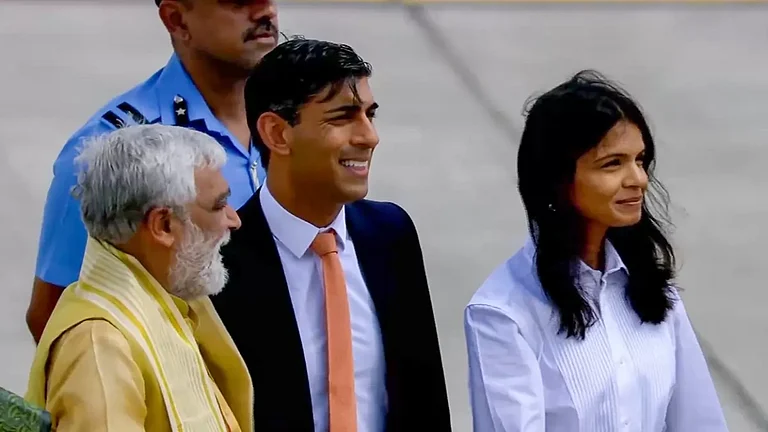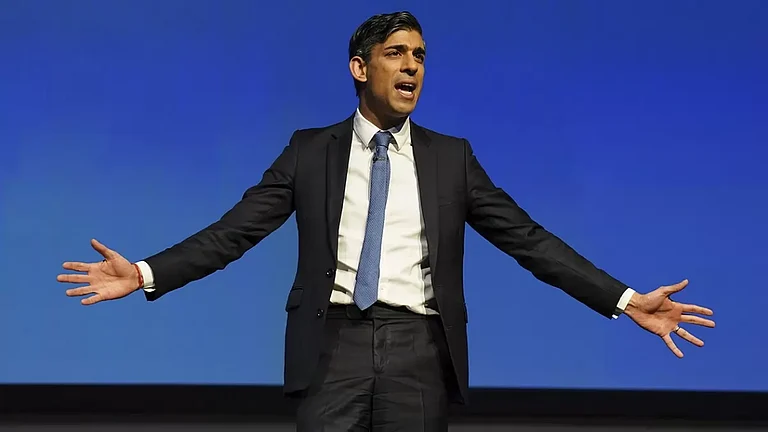British Prime Minister Rishi Sunak on Wednesday confirmed the general election will be held on 4 July. Sunak, 44, announced outside his 10 Downing Street residence that he was calling the election earlier than some had expected.
UK General Elections On July 4, PM Rishi Sunak Ends Months Of Speculations
British elections must be held at least every five years, but the timing is the prime minister's choice in the country.
The announcement is believed by many as a high-risk move for the Conservative party as it trails behind Labour in the polls.
Sunak heads into the election not only far behind Labour in the polls but also rather isolated from some in his party.
As per Reuters report, "But he seems to have decided that with some economic gains, such as inflation falling and the economy growing at its fastest pace in almost three years, now is the time to take a risk and present his agenda for a new term formally to voters."
Sunak, a former investment banker and finance minister of Indian-origin took over as Britain's PM less than two years ago. Since then he has been struggling as in charge at the helm of affairs in UK.
Both opposing parties in Britain are likely to corner each other on the lines of economy and defence
Labour accuses the government of 14 years of economic mismanagement, leaving people worse off, with a series of chaotic administrations that have failed to give the stability businesses have craved to spur economic growth.
With the announcement of the election date, the day also saw British economy inflation figures dropping to 2.3 per cent, the lowest in three years and in line with Sunak’s pledge to cut inflation by more than half from the 11 per cent mark when he took charge in October 2022.
“Brighter days are ahead, but only if we stick to the plan to improve economic security and opportunity for everyone," Sunak said in response to the welcome statistics.
It added further credence to the speculation around an earlier than expected election, which was previously expected in October or November. It transpired that Sunak had in fact called the Cabinet meeting to inform his ministers that he had spoken to the King Charles III to dissolve Parliament for a general election on the first Thursday of July – with elections in the UK traditionally held on Thursdays.


